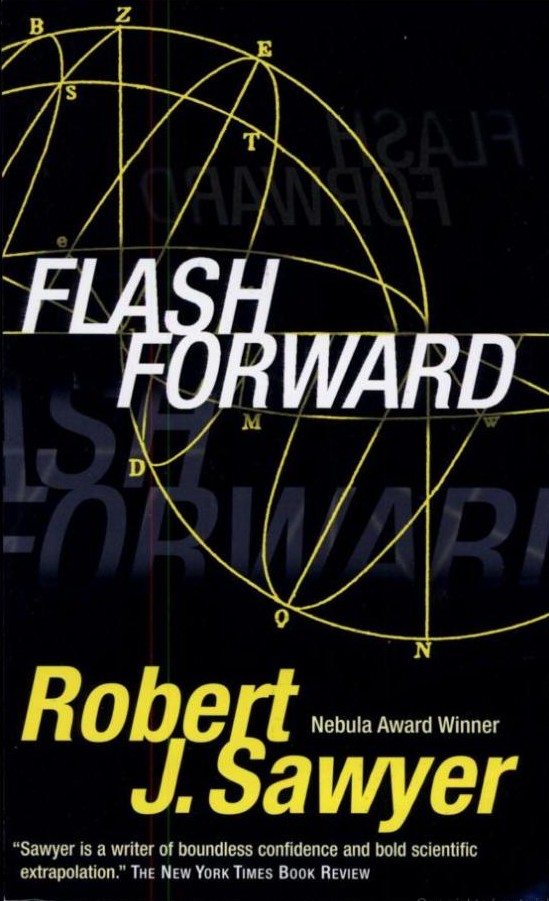
[ad#books]
[starreview]
Classification: Effects of Time Travel Technologies on Society
The year is 2009 (near future when the book was written). In an attempt to discover the elusive Higgs-Boson particle, a daring science experiment was conducted at CERN, the European organization for nuclear research. This experiment, however, far exceeded what it was expected to do. In fact, its effects ranged over the entire world: while the experiment was running – a total of 2 minutes – every person in the world experienced 2 minutes from his or her life exactly 20 years from now. In other words, for 2 minutes, humanity was collectively transported to the future.
Some people found out they are no longer alive (they saw nothing during this time). Other people saw their lives and witnessed their dreams crushed – or reveled in the glory of their achievements. Loving couples found out they are no longer together. One particular person found out – based on others’ descriptions – that he was murdered just days before the event; the catch: the officer that will be investigating his murder in the future is only a few years old in the present.
This is an incredible premise. Often time travel novels provide information from the future that can be used to change life decisions, win money, prevent death – but what if everyone got information about their futures? No wonder this book is being made as a television show – there’s just so much you can do with this premise.
The strength of the story lies in the depiction of how this knowledge affects people differently. When someone who just coasts through life discovers he’s a loser in the future – will that cause him to change his way? Will couples that find they have broken up in the future decide to try and prevent the eventual demise of their relationship? And how will this affect society as a whole? Some truly thought provoking ideas.
One criticism of the book is the fact the novel seems to focus too much on the technology; for all I cared, this could’ve been done with magic. It’s the effect on people and society which is what the book is strong at, not the underlying technology, let alone a made-up “future” technology.
Overall, although I think it’s a very good book, I just didn’t find myself excited to continue every day, and it’s sad, because the premise is just so good. That being said, despite this criticism, the book is still very much worth reading.
Link to the book on Amazon.com
If you’ve read this book, please vote below:
I had the exact same impression of this book: an unfortunate lacklustre execution of a brilliant premise. I didn’t know there was a TV show in the works, I’ll definitely keep my eye out for that!
Hey, welcome Nick! I’m pretty sure the TV show will be better.